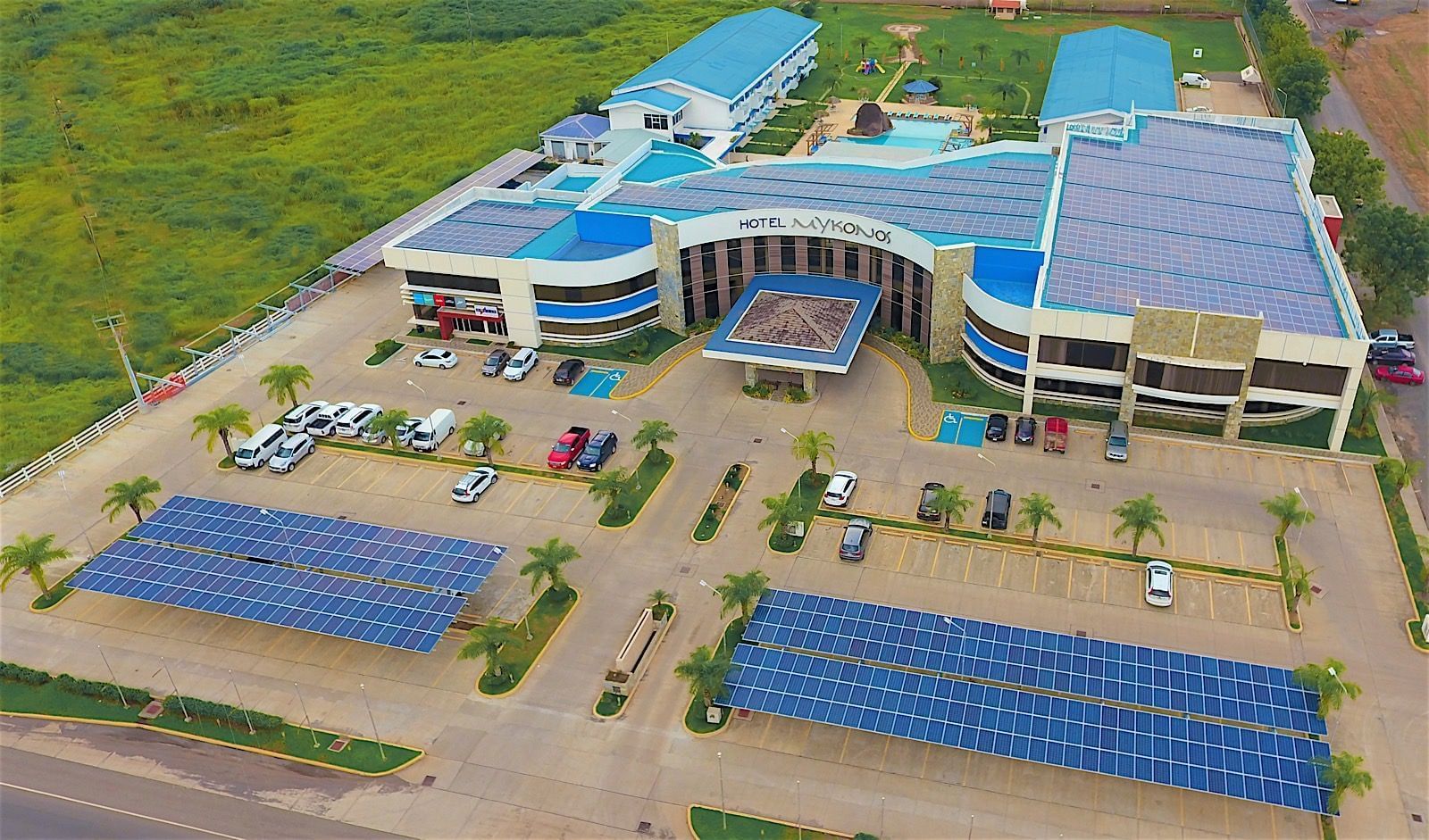Environmental
Standard Responsibility for Sea Fish Commercialization
Mykonos Hotel & Convention Center - Foundation MarViva
Our oceans currently suffer from overfishing, putting the stability of marine ecosystems and the natural foundation of this important economic activity at risk. Nearly 900 million people in the world depend on fish as their main source of protein. Fishing generates nearly 200 million jobs, and therefore its sustainability is of great socioeconomic importance. In order to ensure long-term fishing resources, fishers, traders and consumers should be aware of the type of fish they take, where it comes from, and how it was obtained before its sale and consumption.
To contribute in this awareness-raising process and change in consumption practices, the MarViva Foundation has developed a Standard for Environmental Responsibility in the Commercialization of Marine Fish, a process which has lead Mykonos Hotel & Convention Center, with its restaurant Stefano’s, to obtain certification as a responsible business in the field of sea fish marketing, promoting best practices in its suppliers. These practices are governed by principles and criteria that guarantee the future availability of the species, so that they may continue to be used by traders and consumers.

The Green Energy Project Through Solar Panels
On May 10th, 2016, ReFeel Panama celebrated the connection to a photovoltaic power station placed over the roof and the parking lot of Hotel Mykonos, located in Santiago de Veraguas. This 512.20 kWp solar-powered generation plant consist of 1970 photovoltaic models, with this being the first hotel in Panama and Central America capable of generating this quantity of energy.
Athanasiadis Group, taking environmental responsibility and awareness of the high cost of electrical energy into account, decided to invest in diverse energy-saving methods. The size of this photovoltaic power station represents a yearly reduction of greenhouse effect gases equivalent to the pollution generated by 90 vehicles or the CO2 generated by consuming 53,631 gallons of gasoline per year. This plant will also allow the hotel to save about 68% of their electric energy bill, based on the analysis of consumption in 2015 and solar radiation studies made by the NASA.